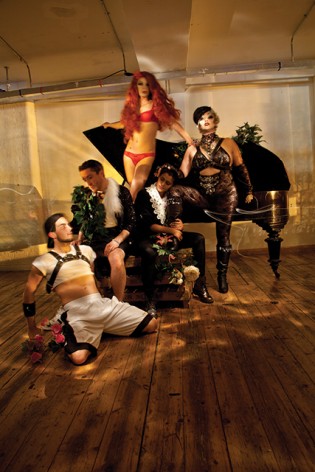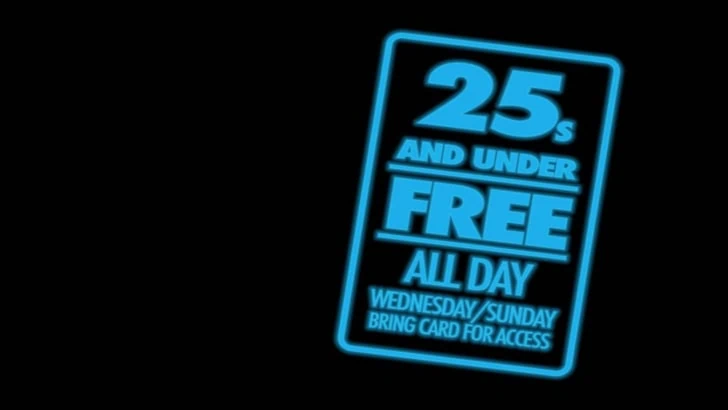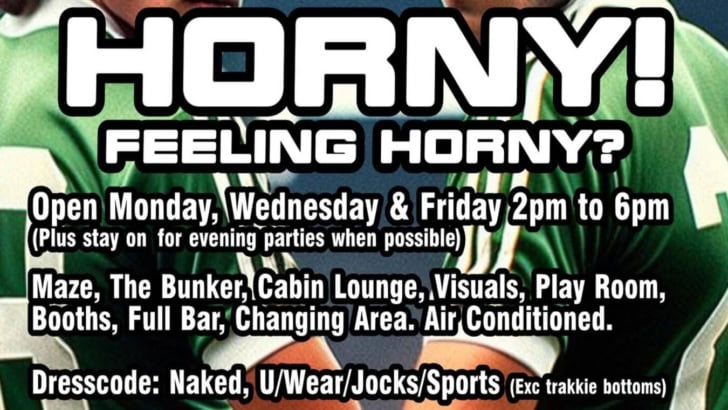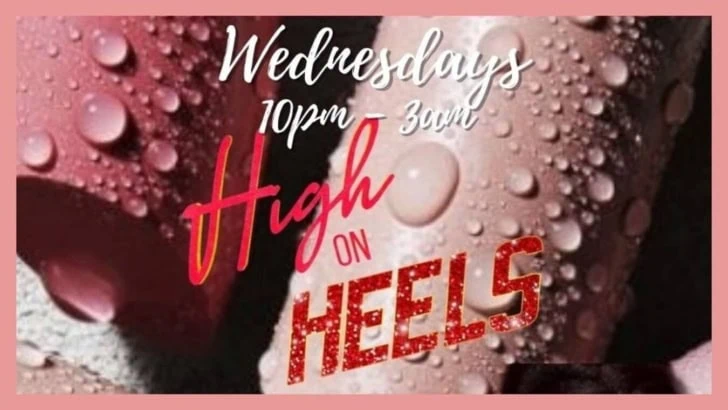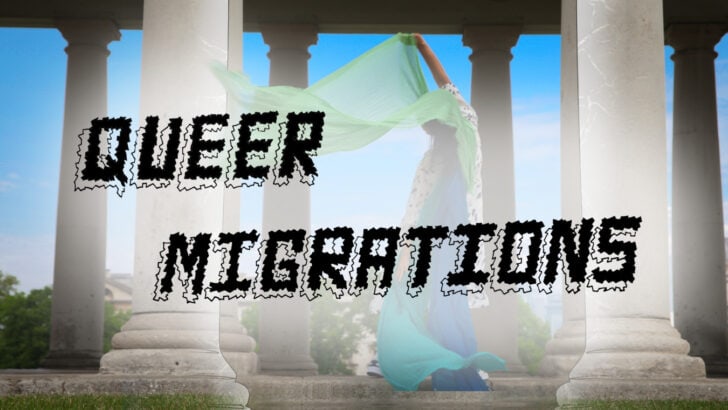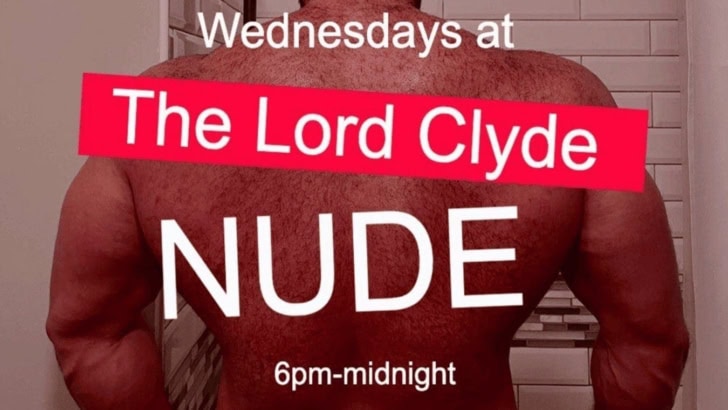Director and all-round young visionary Nick Connaughton proposed that we make a queer updated version of A Midsummer Night’s Dream.
By Patrick Cash
My heart sunk. Shakespeare has been updated so often it’s virtually the literary equivalent of iOS, and usually arrives with the same amount of glitches and unnecessary annoyance.
But when we painted in more of the project’s shades together, seated in the beautiful, sustainable Arcola Theatre itself, the seeds of excitement were sown. Of all Shakespeare’s plays, A Midsummer Night’s Dream holds an inherent queerness: the experimentation with desire; the misrule of love; the faeries; and the primal, mercurial forest in which the young lovers explore and lose themselves for a night.
Nick’s idea was that this wouldn’t be a run-of-the-mill production. It would stem from a return to community theatre, bringing together the LGBTPQIA – have I missed any out? – people of London to share their experiences, memories, fears and hopes, creating a reflection of what it is to be queer today.
Calls were put out over social media, on the Arcola website, in this magazine, for anyone interested in being part of the cast. At the first workshop we got a rich turnout, from well-known scene performance faces like Rubyyy Jones, Pretty Miss Cairo and Rudi Douglas, to Ku Bar’s Damien and Zachariah Fletcher from Of Saints and Go-Go Boys, to fresh faces wanting to involve themselves in a new take on an old dream.
As a writer I was tasked with shaping contemporary scenes to sit alongside the Shakespearean text, formed from the community discussions we held in workshops. Here we spoke honestly about how we felt as a gay, or bi, or lesbian, or trans, or female representing, or however-you-identify person in London today. Many issues emerged that I was familiar with as a gay man, and a few that I’d never considered.
In the finished piece we tackle subjects you might expect from queer theatre, such as parental pressures and coming out, but also topics less spoken on the stage: the prevalence of chemsex amongst gay men, the proliferation of genders and identities outside of the binaries we are assigned at birth. It’s a metamorphosing blend, designed to provoke thought but also engage empathy from its audience, whether gay, straight or elsewhere on the spectrum.
Diehard Shakespearean purists are probably not going to be creaming in the aisles. And it was hardly a light undertaking to inject my own writing into the revered text of ‘the greatest playwright in the world’, however, much of the new writing may contain a choric voice at its heart. But what we have tried to do is discern existing nuances within the characters and grow from these new queered identities, like stem cells nurtured into limbs.
“Diehard Shakespearean purists are probably not going to be creaming in the aisles”
Performance has been intertwined with queer culture from the Dorian Gray Victorian music halls, to the 1930s when ‘musical’ was a euphemism for ‘gay’, to the Brixton Fairies’ political street theatre of the 60s and 70s, and the exuberant drag of Ru Paul today. LGBT+ theatre groups were fairly prevalent in the 1980s, with a mission of activism, wanting to open eyes. But they splintered as LGBT culture split into different factions.
No one involved with A Midsummer Night’s Dream is claiming to be rebuilding the LGBT+ cultural solidarity with one play. But it has been illuminating to witness a myriad of different people with different identities wanting to come together and create a shared expression.
Theatre, to my mind, is an important tool in joining both cast and audience together in a cathartic moment. You are both in that room, breathing the same air and within that happening. The actors before you are not trapped on the cold celluloid of film but living, pulsing beings, and the vibrations of their throat are the same that quiver in your ear. We’d like for you to join us, to share in our connection, and become a part of our production on being queer in 2015.
• The Arcola Queer Collective’s first production is at The Arcola Theatre, 24 Ashwin Street, Dalston, E8 3DL
• Tuesday 20th – Saturday 24th January, 8pm. £9 (£7 concs).
• Saturday matinee: 3.30pm.
• www.arcolatheatre.com / Box Office: 020 7503 1646

